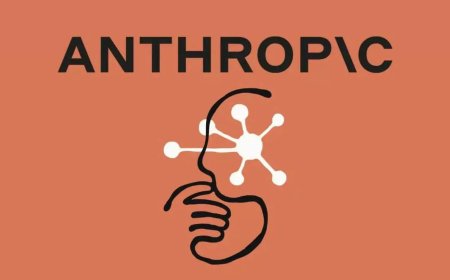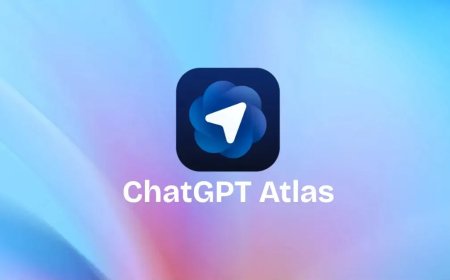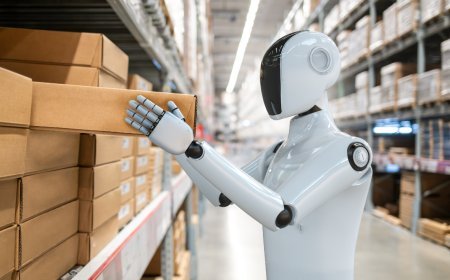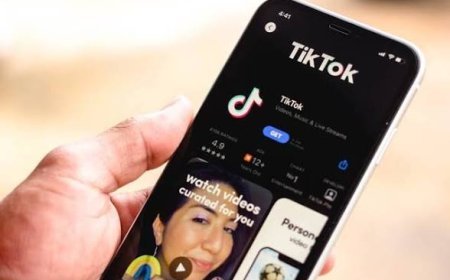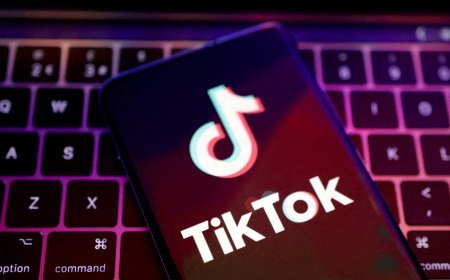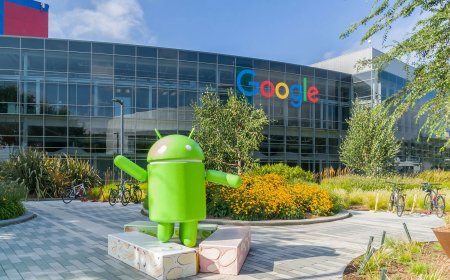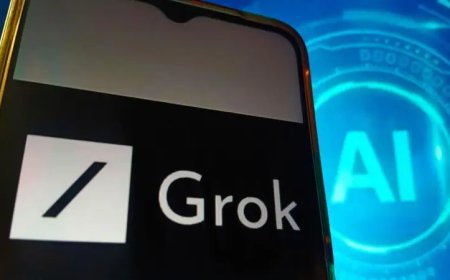The Rise of AI Search Engines: Is Google Already Falling Behind?
The Rise of AI Search Engines: Is Google Already Falling Behind?
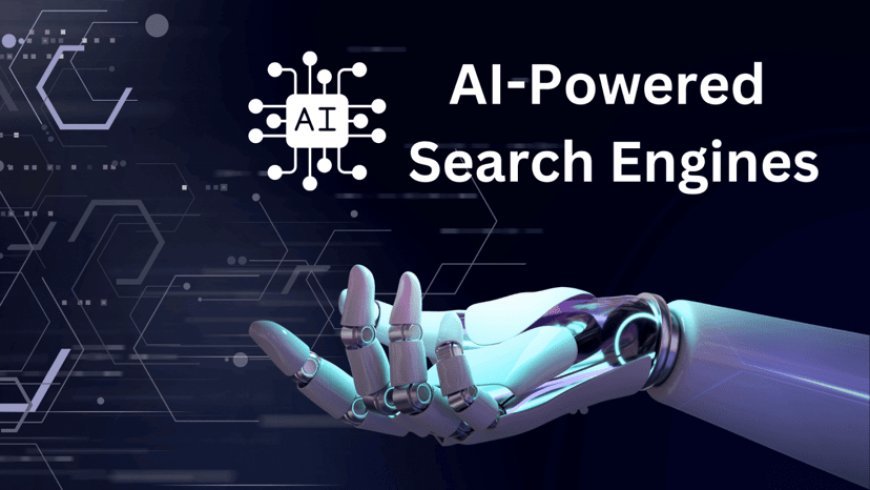
Artificial Intelligence is changing the way we search, discover, and process information. Traditional search engines like Google are no longer the only players in the game. AI search engines are offering faster, more personalized, and more conversational experiences. With tools like ChatGPT browsing and Perplexity AI gaining traction, many are questioning whether Google can maintain its dominance.
AI Search Engines — The New Era of Discovery
AI search engines represent a major shift from keyword-based results to contextual, human-like answers. Unlike Google’s traditional model of indexing web pages, AI-powered platforms understand intent and deliver tailored responses in real-time.
They analyze language patterns, context, and even emotions. This leads to more relevant and concise answers. Instead of scrolling through endless blue links, users get direct, actionable insights.
AI search engines are also multi-modal. They process text, images, videos, and even voice queries seamlessly. This is pushing the boundaries of search beyond what we’ve known for decades.
Perplexity AI vs Google — Who’s Leading the Search Race?
Perplexity AI has positioned itself as a serious competitor to Google. It combines AI reasoning with up-to-date web results, giving users a hybrid experience — conversational and accurate.
Google, on the other hand, is investing heavily in AI upgrades. But its massive size and ad-driven ecosystem make innovation slower. Perplexity AI’s lightweight model allows it to integrate real-time browsing, which makes it particularly strong for fast-changing topics.

While Google has the advantage of brand trust and an enormous index, Perplexity AI is proving that speed, precision, and transparency can win over a growing segment of users.
The Future of Search — AI’s Next Frontier
The future of search is likely to be AI-first, not just AI-assisted. This means answers will be generated, not just retrieved. Search will become more conversational, predictive, and interactive.
Imagine asking your search engine for a trip plan, and it not only gives you destinations but also books flights, reserves hotels, and creates a custom itinerary — all in one interaction.
AI models will integrate personal preferences, location history, and behavior patterns to deliver hyper-personalized results. This is where traditional search models may struggle to keep up.
ChatGPT Browsing — Real-Time Knowledge at Your Fingertips
ChatGPT browsing is one of the most talked-about AI advancements in search. Instead of relying solely on pre-trained data, ChatGPT with browsing capabilities pulls the latest information from the web.
This is a game changer for breaking news, market trends, and niche queries. It eliminates the lag time between content creation and visibility.
For example, if a major event happens today, ChatGPT browsing can provide verified, summarized, and context-rich updates instantly. Google’s traditional indexing model, while fast, can’t always match this level of immediacy.
Google Gemini News — Google’s AI Counterattack
Google is not sitting idle. Its Gemini AI project represents a massive push to integrate advanced AI into its products. Google Gemini promises better reasoning, multi-modal understanding, and a more natural user experience.
However, early Google Gemini news suggests it’s still in the rollout phase. The challenge will be integrating Gemini without disrupting the existing revenue model, which depends heavily on ads.
If Gemini delivers on its promises, it could help Google regain the innovation spotlight. But the competition is fierce, and user loyalty is shifting quickly.
Conclusion — Is Google Falling Behind?
AI search engines like Perplexity AI, ChatGPT with browsing, and other emerging platforms are reshaping search at lightning speed. Google still dominates in terms of user base and data resources, but the gap in innovation is narrowing.
The real question is not whether Google will survive, but whether it can adapt fast enough to remain the default choice in an AI-driven search world. The future of search belongs to those who can combine speed, accuracy, personalization, and trust.
In this race, the winner will not just be the one with the most data, but the one who understands the user best.
What's Your Reaction?
 Like
0
Like
0
 Dislike
0
Dislike
0
 Love
0
Love
0
 Funny
0
Funny
0
 Angry
0
Angry
0
 Sad
0
Sad
0
 Wow
0
Wow
0




